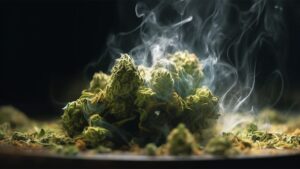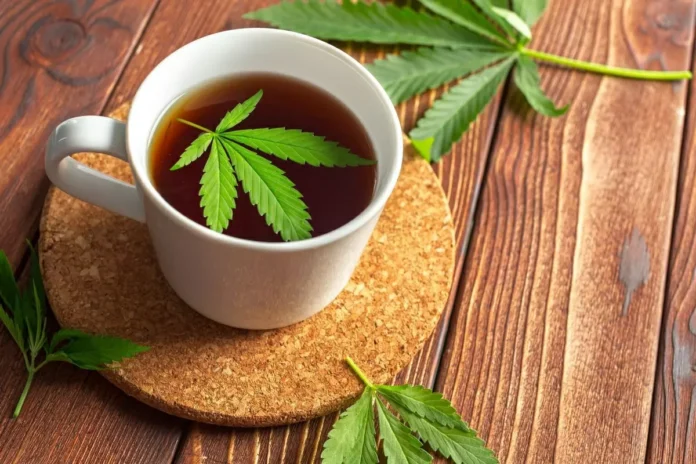Introduction:
Psychoactive substances alter mood, perception, cognition, or consciousness upon ingestion. Examples include alcohol, caffeine, nicotine, cannabis, cocaine, and heroin. This article focuses on cannabis, also known as marijuana; and its various aspects.
Cannabis Overview:
Cannabis, derived from the Cannabis plant, contains over 100 cannabinoids, with THC and CBD being the most prominent. THC induces psychoactive effects, while CBD offers potential therapeutic benefits without psycho activity. Cannabis has historical uses for medicinal, recreational, and spiritual purposes.

Medical Uses:
Cannabis has medical applications such as pain management, nausea reduction for chemotherapy patients, appetite stimulation, and muscle spasm alleviation. Research is ongoing for treating epilepsy, PTSD, and neurological disorders.
Recreational Uses:
Recreational cannabis consumption provides euphoria, relaxation, and increased sociability. It’s used for stress relief and socializing but should be consumed responsibly to avoid adverse health effects.

Spiritual Uses:
Cannabis’s spiritual use varies across cultures, believed to enhance meditation, relaxation, and spiritual experiences. Some use it in rituals for altered states of consciousness and spiritual connections.
Dispelling Myths:
Common myths about cannabis include it causing perpetual laziness, decreased intelligence, and brain cell death. However, studies refute these claims, showing no significant long-term negative effects on productivity, intelligence, or brain structure.
Health Benefits:
Cannabis offers various health benefits like pain relief, nausea management, appetite improvement, inflammation reduction, and anxiety alleviation. It may also relax blood vessels and prevent migraines.
Advantages Of Legalization:
Legalizing cannabis can generate tax revenue, create jobs, reduce strain on the criminal justice system, improve product safety, decrease black market activity, and promote research into its effects.
Disadvantages Of Legalization:
Legalizing marijuana could potentially lead to an uptick in drug usage rates, as seen in some areas where cannabis laws have been relaxed. This increased usage could exacerbate the adverse health effects associated with drug abuse and strain familial relationships. Additionally, the normalization of marijuana through legalization may send mixed messages to young people, potentially minimizing the perceived risks associated with drug use.
Conclusion:
Punishing adults for cannabis use contradicts principles of liberty. Cannabis is safer than alcohol, tobacco, and many medications. Law enforcement should prioritize real crimes over cannabis users to uphold liberty and justice.




